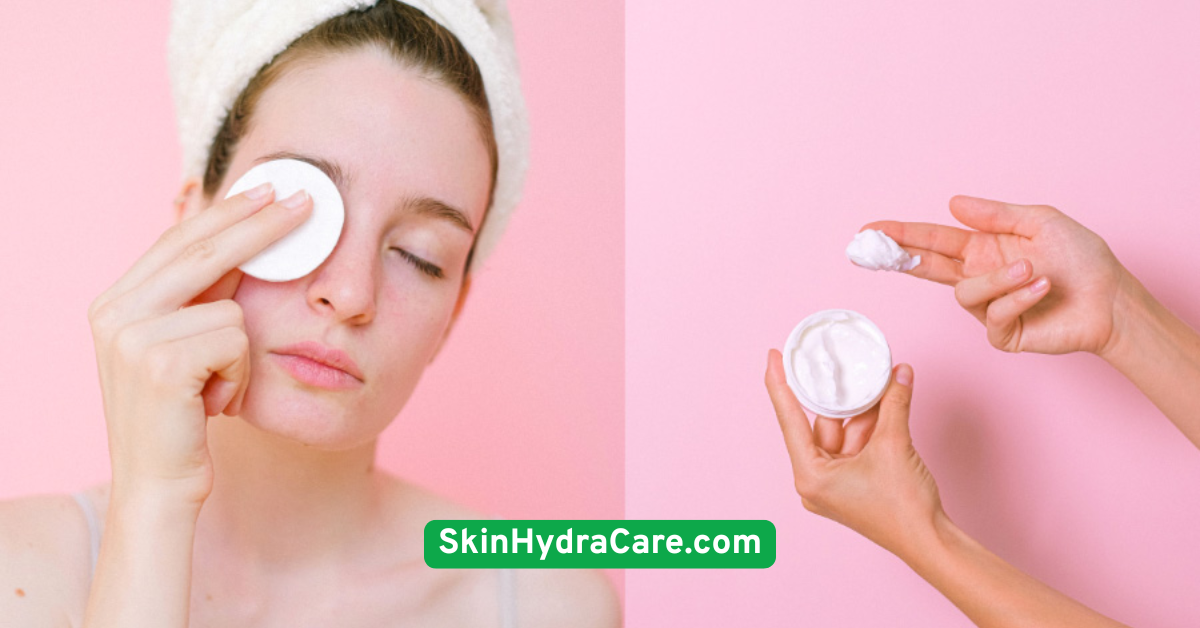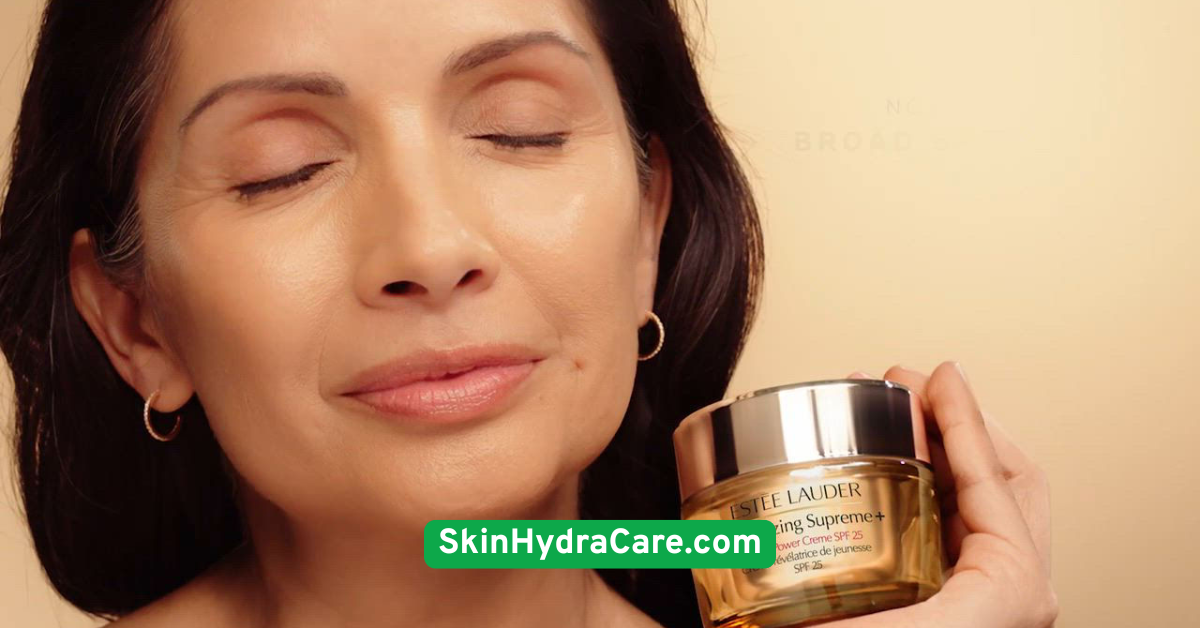30 Soothing Skincare Tips to Avoid Irritation

1. Use Fragrance-Free Products
Fragrance is one of the most common culprits behind skin irritation. It may smell nice, but synthetic fragrances and even some natural essential oils can lead to redness, itching, or worse. Look for “fragrance-free” labels (not just “unscented,” which can still contain masking agents). Fragrance-free skincare is especially important if your skin reacts to lotions, creams, or serums.Brands like Vanicream, CeraVe, and La Roche-Posay offer clean formulations without irritants, perfect for daily use.

2. Patch Test Every New Product
Even the most innocent-looking moisturizer can trigger a breakout if your skin doesn’t agree with it. Patch testing is essential before using any new skincare product. Apply a small amount to a discreet area (like behind your ear) and monitor for 24–48 hours.This extra step is an easy way to prevent unwanted reactions and avoid skin inflammation before it starts.

3. Stick to a Simple Routine
Sensitive skin thrives on simplicity. Stick to the basics: a gentle cleanser, a moisturizer, and sunscreen. Avoid layering multiple actives or trying trendy products all at once. Overcomplicating your routine can easily overwhelm your skin barrier.Keep it clean and minimal to support long-term barrier health and calm skin.

4. Choose pH-Balanced Cleansers
Your skin’s natural pH hovers around 5.5. Cleansers that are too alkaline can damage your barrier and make your skin prone to irritation. Use gentle, pH-balanced cleansers that maintain skin integrity.Products like La Roche-Posay Toleriane or CeraVe Hydrating Cleanser keep your skin soft, smooth, and happy.

5. Moisturize Immediately After Cleansing
After washing your face, your skin is more prone to water loss. Applying moisturizer immediately locks in hydration and prevents dryness. This is especially crucial for sensitive skin types.Look for moisturizers with ceramides, glycerin, and hyaluronic acid for maximum hydration.

6. Avoid Over-Exfoliating
Exfoliation can brighten and smooth your skin, but too much can strip away the protective barrier. Limit exfoliating to once or twice a week. Choose mild acids like lactic acid or PHAs instead of aggressive scrubs.Pay attention to signs of over-exfoliation like tightness, redness, or flaking.

7. Use Lukewarm Water, Not Hot
Hot water strips the skin of its natural oils, leaving it dry and more sensitive. Lukewarm water, on the other hand, is gentle and prevents unnecessary irritation.This small change makes a big difference in keeping your skin barrier intact.

8. Apply Sunscreen Daily
UV rays can inflame sensitive skin and worsen redness. Mineral sunscreens with zinc oxide or titanium dioxide are less likely to irritate. Apply daily—rain or shine—as part of your morning routine.Reapply every two hours if you’re outside or sweating.

9. Opt for Non-Comedogenic Products
Non-comedogenic products are less likely to clog pores and lead to breakouts or bumps. Sensitive skin doesn’t need any added stress from congested pores.Choose lightweight, non-comedogenic formulas that still offer deep hydration.

10. Incorporate Soothing Ingredients
Ingredients like aloe vera, chamomile, calendula, and green tea are naturally calming. They reduce inflammation and redness, making them ideal for reactive skin.Look for these botanicals on your product labels for instant skin relief.

11. Avoid Alcohol-Based Toners
Many traditional toners contain alcohol, which dries and irritates skin. Denatured alcohol, SD alcohol, and ethanol should be avoided.Instead, go for toners with hydrating elements like rose water, glycerin, or cucumber extract.

12. Try the “Skin Cycling” Method
Skin cycling involves rotating between active and recovery nights. For example, exfoliate one night, use a retinoid the next, then follow with two barrier-restoring nights.This helps reduce irritation while maintaining healthy skin function.

13. Store Products at Room Temperature
Sensitive skin reacts more easily to unstable products. Store your skincare away from direct sunlight and heat to preserve ingredient potency.Avoid refrigeration unless explicitly recommended on the label.

14. Use a Soft, Clean Towel
Harsh towels can damage delicate skin. Use soft materials like bamboo or microfiber. Always pat dry instead of rubbing.And don’t forget to wash towels regularly to prevent bacteria buildup.

15. Keep Your Hands Off Your Face
Touching your face spreads oil, bacteria, and dirt. This can lead to breakouts and trigger irritation.Be mindful of this habit, especially if you’re prone to acne or redness.

16. Hydrate From Within
Skin health starts from the inside. Drink plenty of water daily to keep your skin hydrated and plump. Dehydration can lead to dryness, dullness, and more pronounced sensitivity.Eat water-rich foods like watermelon, cucumber, and oranges to supplement hydration.

17. Use a Humidifier at Night
Dry indoor air can sap moisture from your skin. A humidifier adds hydration to the air, preventing flakiness and tightness.Especially helpful in winter, this tool supports your skincare efforts overnight.

18. Apply Occlusives Last
Occlusive ingredients like petrolatum, squalane, or shea butter create a seal on the skin. This locks in hydration and helps repair the barrier.Use them as the final step in your nighttime routine for best results.

19. Avoid Foaming Cleansers
Foaming cleansers often contain sulfates that strip skin of its natural oils. Gel or cream cleansers are gentler and more suitable for sensitive skin.Look for formulas labeled “sulfate-free” to ensure gentleness.

20. Don’t Skip Moisturizer – Even If Oily
Even oily skin needs moisture. Skipping it can actually cause your skin to produce more oil, leading to breakouts.Opt for oil-free, lightweight moisturizers with humectants like hyaluronic acid to balance your skin.

21. Use Barrier Repair Creams
When your skin feels tight, itchy, or stings after washing, it’s a sign your barrier is compromised. Barrier repair creams with ceramides, niacinamide, or panthenol restore strength.Use them during flare-ups or after using active ingredients.

22. Cut Back on Actives During Flare-Ups
When your skin is irritated, it’s time to scale back. Pause retinoids, acids, and even vitamin C. Focus on moisturizing and soothing instead.Once your skin calms down, reintroduce actives gradually.

23. Avoid Essential Oils
Essential oils like peppermint, eucalyptus, and citrus can irritate sensitive skin. Even lavender can trigger a reaction in some individuals.Stick to essential oil-free products unless you’re sure your skin tolerates them.

24. Wash Pillowcases Twice a Week
Your pillowcase collects oil, dead skin cells, and leftover skincare nightly. Wash it at least twice a week using fragrance-free detergent.Silk and satin pillowcases reduce friction and help maintain moisture.

25. Watch for Irritating SPF Ingredients
Some chemical sunscreen ingredients like oxybenzone and avobenzone can trigger irritation. Choose mineral sunscreens with zinc oxide or titanium dioxide instead.Test on your wrist or jawline before full-face application.

26. Never Rub – Always Pat
Whether applying toner or drying off, patting is gentler than rubbing. Rubbing can inflame and damage delicate skin tissue.Use light pressure and soft fabrics for all skin-contact steps.

27. Avoid DIY Skincare with Harsh Ingredients
DIY recipes using lemon juice, baking soda, or vinegar can damage your skin barrier. They can alter your skin’s pH and cause burns or irritation.
Stick to products with tested, balanced formulations.

28. Look for Hypoallergenic Labels
While “hypoallergenic” doesn’t guarantee zero irritation, it usually means the product is formulated to reduce allergic reactions. Always check ingredient lists regardless.Patch testing is still your best safety net.

29. Use Anti-Inflammatory Facial Mists
Facial mists with green tea, cucumber, or aloe vera provide on-the-go relief for inflammation or dryness. Keep one in your bag for a midday refresh. Avoid alcohol and synthetic fragrance in mist formulas.

30. Consult a Dermatologist for Persistent Issues
Sometimes, home remedies aren’t enough. If you’re facing recurring irritation, consult a board-certified dermatologist. They can help identify triggers and recommend treatments. Customized care leads to long-term skin health and peace of mind.

Conclusion
There you have it—30 gentle, effective skincare tips to help avoid irritation and bring your sensitive skin back into balance. Whether you’re simplifying your routine or discovering new calming ingredients, remember that small, consistent changes lead to big results. Be patient, be gentle, and most of all, be kind to your skin. It’s doing its best to protect you—now it’s time to return the favor.





